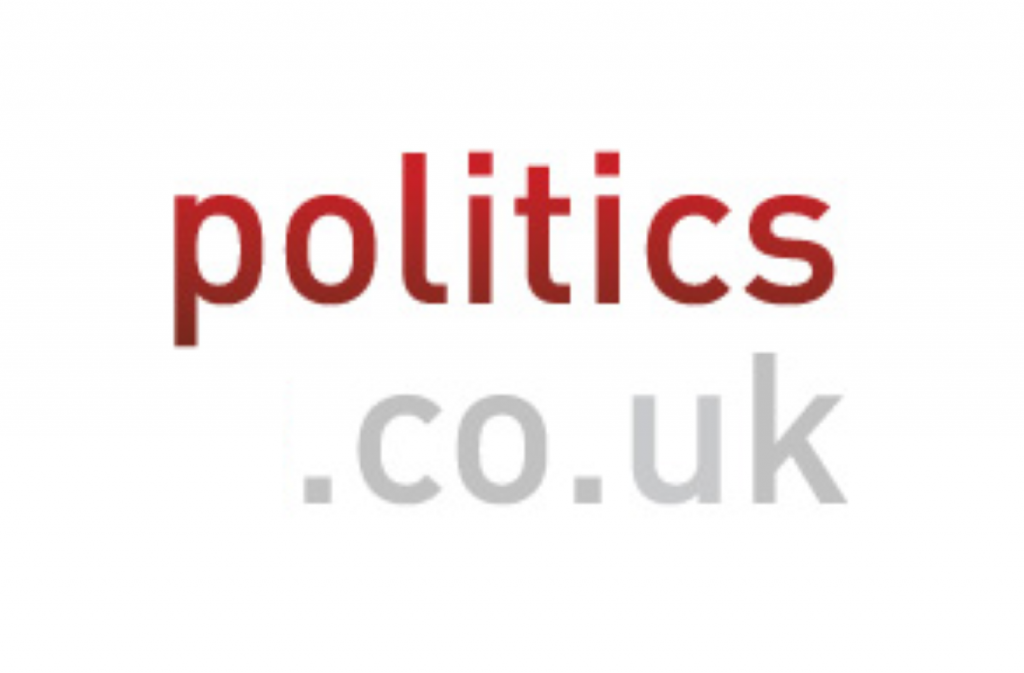Reid culls NHS quangos
The Health Secretary has announced that he is cutting the number of NHS quangos, which he believes will save £500 million.
There will be a 25 per cent reduction in staff working in the sector by 2008, and the number of bodies will be reduced from 38 to 20.
Dr John Reid said: “Reducing the cost of arm’s length bodies will generate resources that are the equivalent of four new hospitals or 20,000 more nurses by 2008.
“The arm’s length body sector has done a lot of good work, but it has grown over several decades and no longer meets current health and social care needs or those of future generations.


“Arm’s length bodies need to be streamlined in number and functions. They must adopt a different approach so that their functions are delivered effectively and the time spent by frontline staff responding to central needs is minimised.”
Major changes include the abolition of the Mental Health Act Commission, whose responsibilities will be subsumed into the Healthcare Commission, the Health Development Agency will go, with NICE taking on its responsibilities, and the patients’ voice organisation, the Commission for Patient and Public Involvement in Health (CPPIH) will be abolished.
Peter Cardy, chief executive of Macmillan Cancer Relief, expressed his concerns about this proposal, saying: “Patient involvement is integral to the future of cancer services.
“Having come so far, it seems that CPPIH has been abolished just when patients need support the Government most. We hope that this doesn’t signal a retreat on the Government’s commitment to patient involvement and call on the Government to help support the future of patient involvement financially as well as in principle.”
The chief executive of the King’s Fund broadly welcomed the decision to cull NHS bodies, but warned that the abolition of CPPIH left plans to involve the public in the NHS in “disarray”.
Niall Dickson said: “We needed to rationalise the number of arm’s length NHS bodies. Too often the Government’s solution to every problem has been to establish an agency, with the result that the NHS has been drowning in an alphabet soup of acronyms.”
“Abolishing the Commission leaves the whole question of patient and public involvement in health in further disarray. The current range of piecemeal policies does not add up. They are bewildering to those who work in the NHS and a complete mystery to the public. Today’s announcement will simply add to the confusion.”
The United Kingdom Public Health Association (UKPHA) broadly welcomed the merger of NICE and the HDA. Its chair, David Hunter, said: “While welcoming the move, we are concerned that it is occurring at a time when public health is high on the policy agenda and the need for strong leadership has never been greater.
“It is essential that a major reorganization of function and structure does not divert attention and effort from the public health challenge that lies ahead following publication of the public health White Paper in the autumn.”

